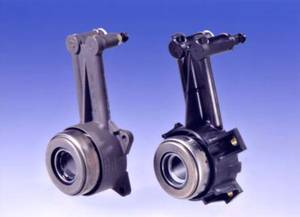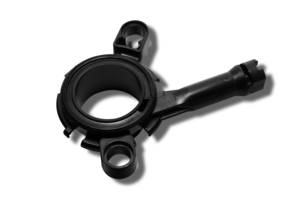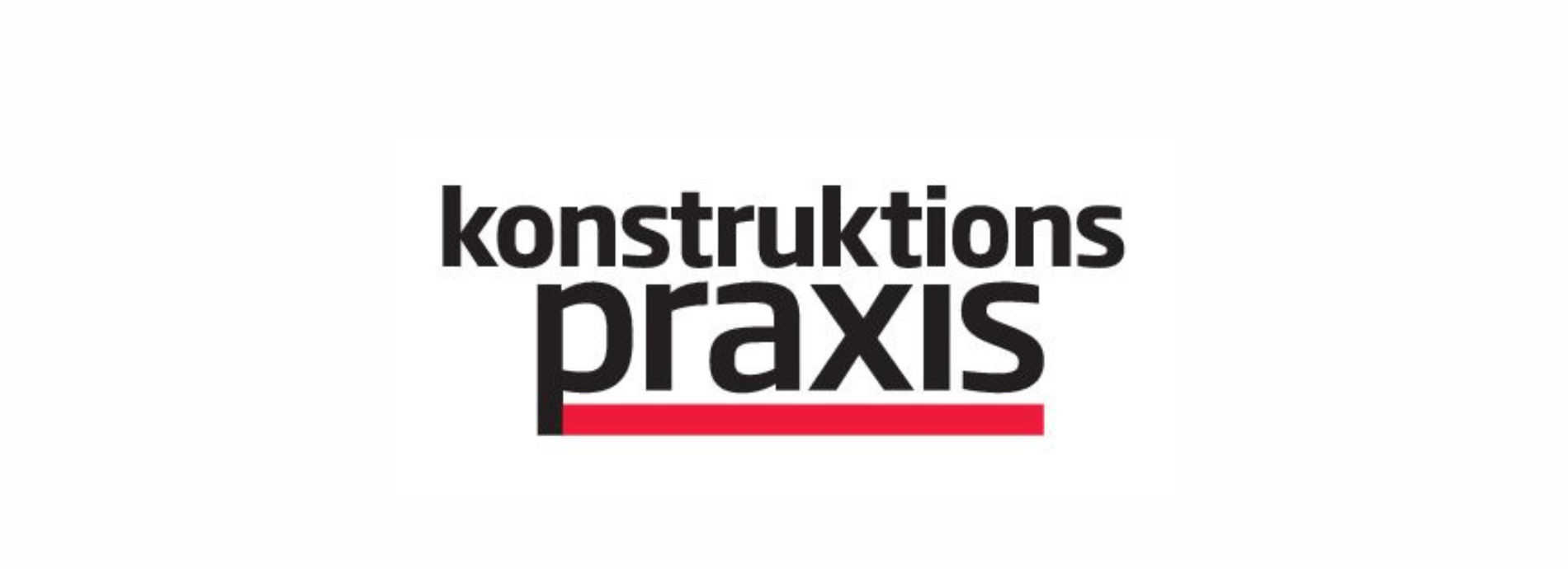Metal replacement: clutch slave cylinder
The importance of lightweight construction in the automotive industry is growing continuously. This is due in particular to high demands on fuel consumption, the improvement of the CO2 balance and the reduction of emissions. Lightweight construction through metal substitution can save a great deal of weight – especially when you consider the wide range of possible applications. The material plastic is virtually predestined for this: Low density, free formability and a wide range of options for individual modification of properties result in numerous advantages, especially compared with metal components. The specific strength of highly reinforced plastics also exceeds that of many common metals.

This can be described using the example of the clutch central release, which is one of BARLOG’s pioneering projects from the early days of the company. Originally, the housing of the central clutch release was made of aluminum, as it had to be light but at the same time able to withstand high temperatures and mechanical stresses. WhenCompany founder Werner Barlog, together with automotive supplier Theo Hillers, developed the idea of producing such a highly stressed component in the transmission from plastic 20 years ago, customers were initially skeptical: “A plastic part in the transmission?”
At the beginning of the project, the requirements seemed too demanding for plastic: operating temperatures of -40 to +160 degrees in permanent contact with hydraulic oil at operating pressures of up to 35 bar. Added to this are the tough quality tests with the requirement for a bursting pressure of more than 100 bar, as well as tribological requirements that demand good sliding and wear behavior and a process-safe, high surface quality.
Modern high-performance plastics, however, meet these requirements just as well as metal solutions and can also be shaped almost at will. With BARLOG’s support, it was possible to replace the aluminum component with Grivory PPA GF50, achieving a weight reduction of 25 percent and a cost reduction of around 20 percent.
 Today, clutch center release housings are largely made of plastic and the issue of weight saving is more important than ever. Whereas the concerns were still great with the first generation and the plastic part was almost a 1:1 copy of the aluminum part, the advantages of plastic could be fully exploited with the successors and the clutch central releasers became more and more filigree – with increasing requirements.
Today, clutch center release housings are largely made of plastic and the issue of weight saving is more important than ever. Whereas the concerns were still great with the first generation and the plastic part was almost a 1:1 copy of the aluminum part, the advantages of plastic could be fully exploited with the successors and the clutch central releasers became more and more filigree – with increasing requirements.
For BARLOG, the project is still synonymous with perseverance as a problem solver. The topic of lightweight construction is once again gaining new relevance, especially in connection with electromobility: in order to be able to achieve the desired range and performance of electric vehicles, it is necessary to compensate for the additional weight caused by the batteries – here, plastics play an important role, as they make it possible to save weight throughout the vehicle and thus make a significant contribution to the lightweight construction potential.
Do you also have a project in which lightweight construction through metal replacement is important? Then please feel free to contact us.

More news





